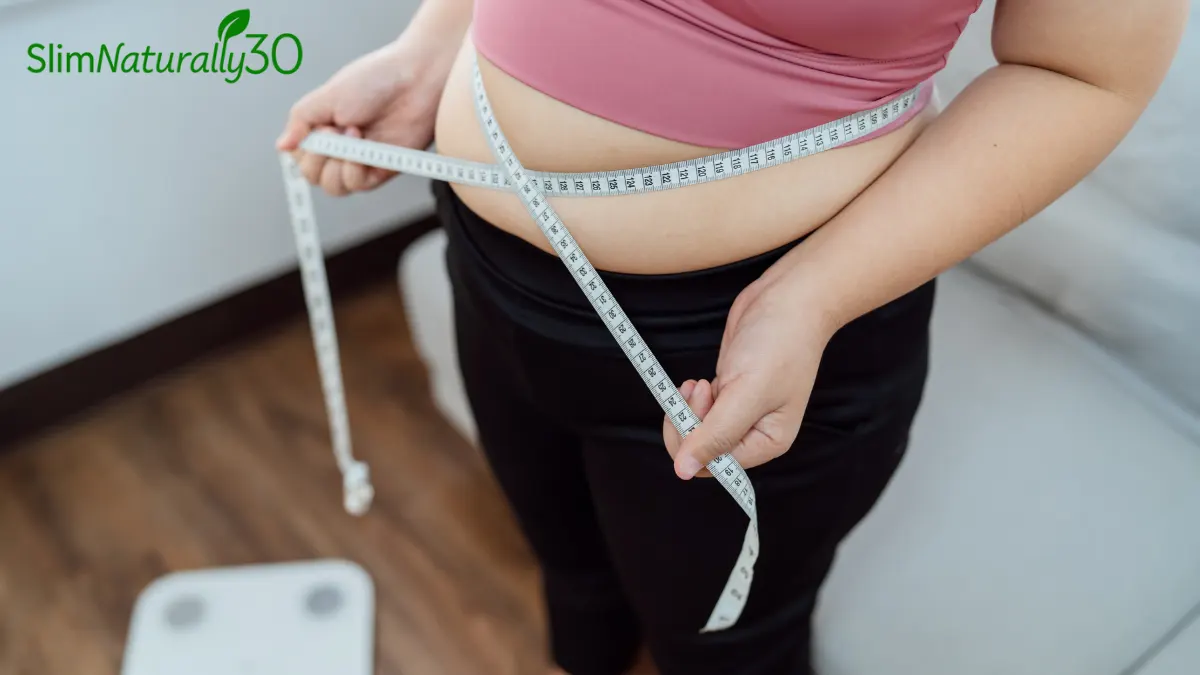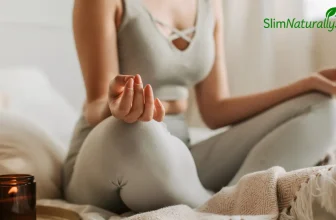
I didn't realize I was ignoring my hormones… until my body made me listen.
It started as small things. My mood would swing mid-morning for no reason. My skin felt different—drier, almost like it lost its glow. I'd crave sugar, then feel guilty, then crave again. I brushed it off as "just stress." Isn't that what we all say?
But then I noticed the deeper shifts. Sleep felt light. My cycle was unpredictable—not chaotic, just… off. And I began to wonder: What if this isn't just stress?
What if it's estrogen?
1. The Subtle Signs I Missed for Too Long

Looking back, the signs were everywhere—but they whispered instead of shouted.
- Mood shifts that didn't match the moment. I could feel irritable over the smallest things… then fine an hour later.
- Dryness—my skin, my eyes, even my hair. I thought I just needed more water or moisturizer.
- Thinner sleep. I'd fall asleep easily but wake up tired, like I'd only skimmed the surface of rest.
- Cravings for sweet or carby foods, especially before my period. I'd reach for comfort, then wonder why I felt even more off afterward.
- Low-key anxiety—not panic, just this background buzz like my body was unsure of something.
I chalked it up to age, to work, to life. But deep down, I sensed something else. My body wasn't malfunctioning. It was signaling.
2. What Happens When Estrogen Starts to Drop?
Estrogen isn't just about periods or pregnancy. It's a master signal—shaping everything from how we process energy to how our brain handles emotion.
When estrogen dips—even slightly—after 30, the ripple effects show up in ways we don't expect:
- Brain fog and forgetfulness – Estrogen supports cognition and memory. A drop can feel like mental static.
- Low energy and motivation – Without stable estrogen, metabolism slows and even small tasks feel heavier.
- Increased sensitivity – Both emotionally and physically. Skin reacts more, moods shift faster.
- Disrupted cycles – Estrogen governs the rhythm. When it's out of tune, everything else feels off.
These aren't failures. They're feedback. Estrogen doesn't vanish—it just asks for support.
3. Gentle Ways I Learned to Support Estrogen—Naturally
I didn't want to "fix" my hormones. I wanted to understand them. That shift alone changed everything. Here's what started helping—not overnight, but enough to feel a shift over time:
- Fiber-rich foods like flaxseeds, leafy greens, and cruciferous vegetables (think broccoli, kale). These help with estrogen metabolism and balance.
- Healthy fats—especially omega-3s from walnuts, chia seeds, and salmon. My skin and mood both thanked me.
- Reducing alcohol and caffeine. Not cutting out, just tuning in. I noticed less sleep disruption and fewer cravings.
- Movement that feels good: I switched from punishing HIIT to walks, yoga, and short strength sessions. My body felt safer, not attacked.
- Mental softness: Journaling. Short evening stretches. Lighting a candle instead of scrolling. These tiny rituals told my body: "You're safe. You're supported."
None of it was dramatic. But slowly, the messages from my body started to shift—from distress… to trust.
4. It's Not About Control—It's About Communication
I used to think balance meant control. That if I ate "clean" enough, worked out hard enough, pushed through the fog—my hormones would behave.
But that only made me more tired. More disconnected.
One morning, while making tea instead of coffee, I whispered to myself, "What if my body already knows what to do—if I'd just stop yelling over it?"
Estrogen, I realized, isn't a problem to fix. It's a signal to notice.
Your body isn't broken. It's trying to speak. Softly. Repeatedly. Until you finally pause and listen.
That mindset changed everything—from how I grocery shopped to how I forgave myself for needing rest.
5. The Support I Chose (And Why It Mattered)
I didn't want a miracle cure. I wanted something that aligned—something that could sit beside my habits, not override them.
When I found Ikaria Juice, I wasn't convinced by bold promises. I was drawn to the quiet formulation: natural ingredients aimed at hormone harmony, metabolism, and mood.
I added it into my morning routine—not instead of real food or rest, but alongside them.
- No crash. No buzz. Just a subtle sense of support.
- Less bloating before my cycle.
- A little more emotional steadiness by mid-afternoon.
It didn't change everything. But it helped me stay with myself—in a season where everything felt wobbly.
6. I'm Not Trying to "Fix" Myself Anymore
For years, I measured my worth by how "on track" I felt—energetic, productive, in control. But now I know:
Balance isn't a destination. It's a conversation.
My hormones aren't enemies. They're messengers. And when I stopped trying to fix everything, I started noticing what was already working.
Support doesn't have to be loud. Sometimes, it's as simple as listening—and gently responding.
FAQ
How do I know if I have low estrogen?
Common signs include irregular periods, mood swings, dryness, fatigue, and disrupted sleep. Always consult a healthcare provider for diagnosis.
Can I support estrogen without medication?
Yes. Nutrition, gentle movement, sleep, and stress reduction all help. Supplements like Ikaria Juice can provide natural support alongside these habits.
Is this only an issue after menopause?
No. Many women experience estrogen dips in their 30s or during stress, even with regular cycles.







